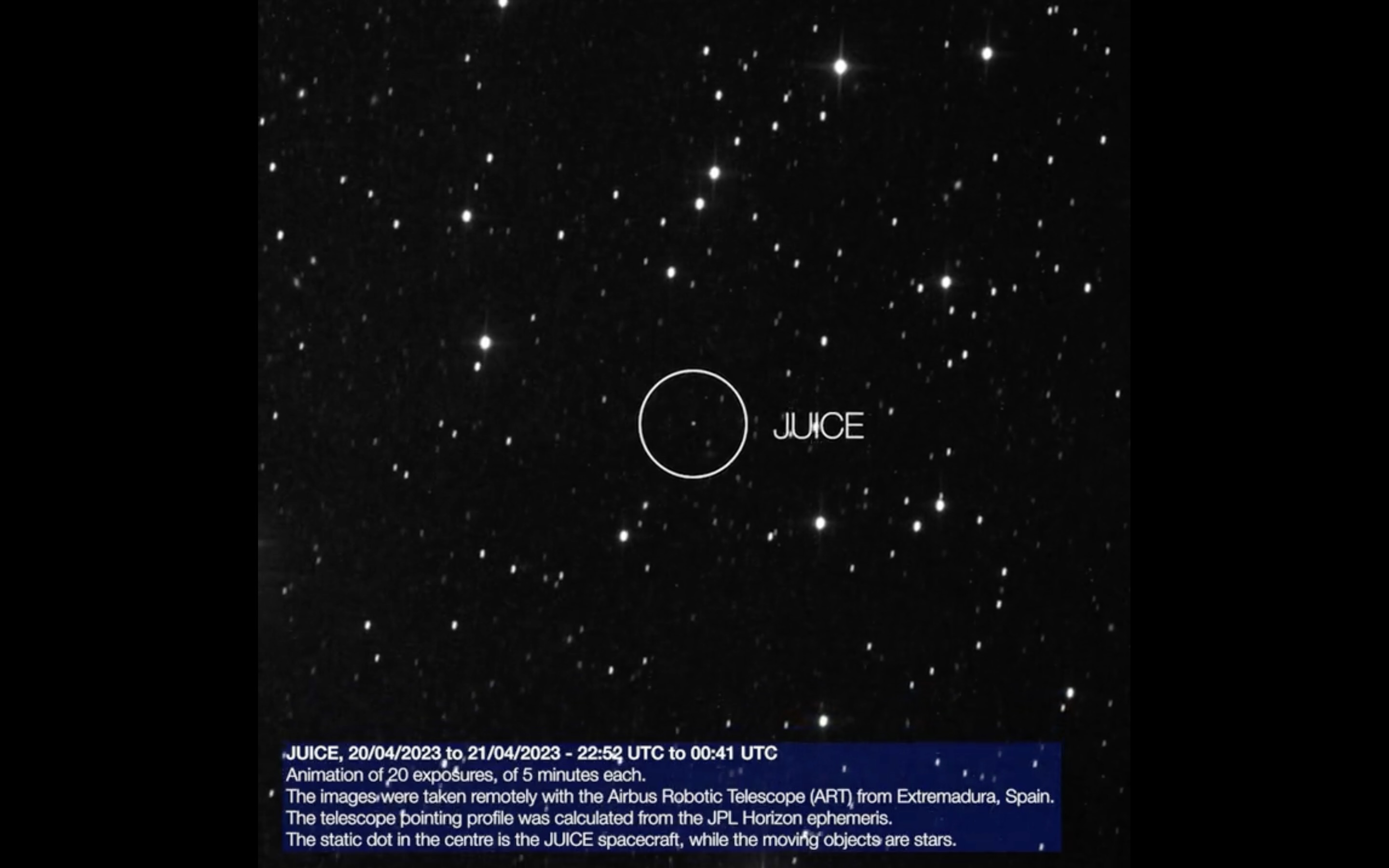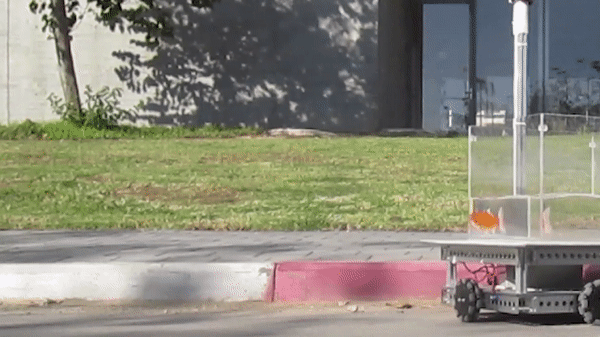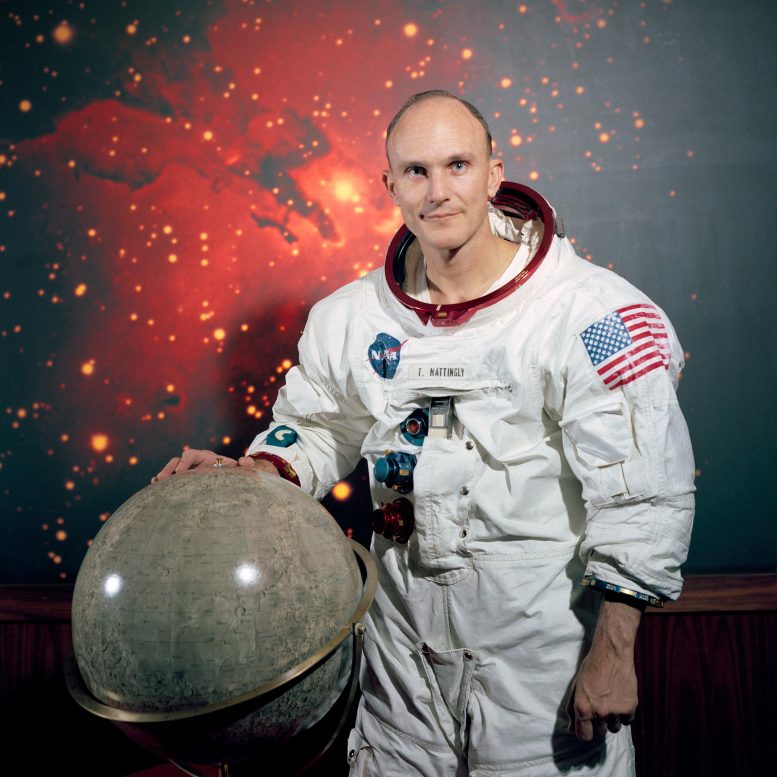
NASA portrait of astronaut Thomas K. Mattingly II. Credit: NASA
Thomas Kenneth Mattingly II, retired United States Navy Rear Admiral and distinguished ” data-gt-translate-attributes=”[{[{“attribute”:”data-cmtooltip”, “format”:”html”}]”>NASA astronaut, passed away on October 31, 2023, at the age of 87. Known affectionately as TK, Mattingly’s career was marked by his heroic contributions to the U.S. space program and his notable role in the historic Apollo missions.
Born on March 17, 1936, in Chicago, Illinois, TK Mattingly’s passion for aviation and space exploration took flight early in his life. He went on to receive his wings in 1960 after joining the U.S. Navy, where he served with distinction. His excellence as a pilot and his keen intellect led him to NASA, where he joined the astronaut class of 1966.
Throughout his storied career, Mattingly was involved in key aspects of the Apollo program. Before he journeyed into space, he worked tirelessly behind the scenes, contributing to the development of the Apollo spacesuit and backpack. He served as the command module pilot for Apollo 16, where his skill and resolve were vital to the mission’s success. Mattingly further left his mark as the spacecraft commander for space shuttle missions STS-4 and STS 51-C, illustrating the versatility and leadership that became his hallmark.
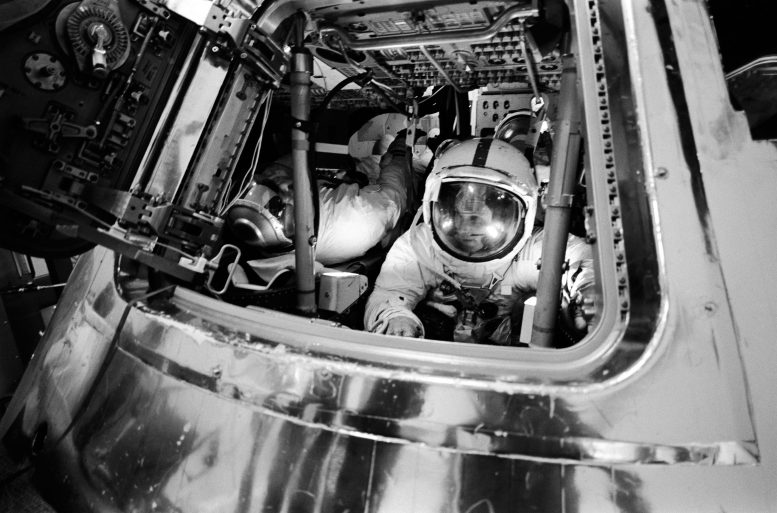
Astronaut Thomas K. Mattingly II (right foreground), command module pilot of the Apollo 16 lunar landing mission, participates in extravehicular activity (EVA) training in Building 5 at the Manned Spacecraft Center (MSC). Credit: NASA
Perhaps one of the most significant moments of Mattingly’s career came during the Apollo 13 mission. Although he was grounded due to exposure to rubella, Mattingly played a crucial role in the safe return of his fellow astronauts, showcasing his unwavering dedication to the program and his colleagues.
TK Mattingly’s impact extended beyond his technical contributions. His eloquence and introspection provided a window into the profound experiences of space travel. He once shared his awe of the cosmos, saying, “I had this very palpable fear that if I saw too much, I couldn’t remember. It was just so impressive.”
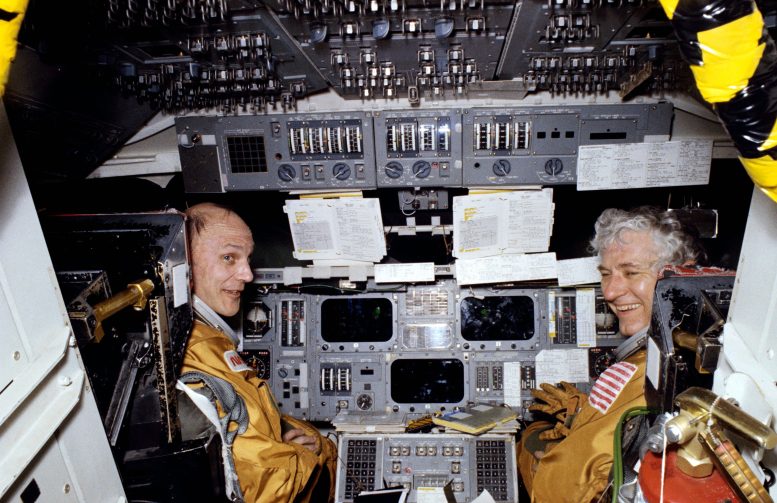
Astronauts Thomas K. Mattingly II (left) and Henry W. Hartsfield Jr., STS-4 commander and pilot, respectively, get in some training time in the motion base Shuttle Mission Simulator (SMS) at the Johnson Space Center’s Mission Simulations and Training Facility. Credit: NASA
His decorations included the Presidential Medal of Freedom, the NASA Distinguished Service Medal, and numerous other awards that testified to his exceptional service. Mattingly was not just an astronaut; he was an explorer at heart, who braved the vast unknown for the betterment of humanity.
Mattingly is survived by his family, who shared and supported his passion for exploration. His legacy will continue to inspire future generations of explorers who look to the stars and dream of the possibilities that lie within the cosmos.
As we mourn the loss of this extraordinary individual, we also celebrate his remarkable life—a life that encapsulated the spirit of adventure and the dedication to pushing the boundaries of human achievement. Ad Astra, Rear Adm. Thomas K. Mattingly II, may your final journey be as wondrous as those you undertook among the stars.
The following is a statement from NASA Administrator Bill Nelson on the passing of former NASA astronaut Rear Adm. (ret.) Thomas K. (TK) Mattingly II.
“We lost one of our country’s heroes on October 31 NASA astronaut TK Mattingly was key to the success of our Apollo Program, and his shining personality will ensure he is remembered throughout history.
“Beginning his career with the U.S. Navy, TK received his wings in 1960 and flew various aircraft across multiple assignments. Once he joined the Air Force Aerospace Research Pilot School as a student, NASA chose him to be part of the astronaut class in 1966. Before flying in space, he aided the Apollo Program working as the astronaut support crew and took leadership in the development of the Apollo spacesuit and backpack.
“His unparalleled skill as a pilot aided us when he took on the role of command module pilot for Apollo 16 and spacecraft commander for space shuttle missions STS-4 and STS 51-C. The commitment to innovation and resilience toward opposition made TK an excellent figure to embody our mission and our nation’s admiration.
“Perhaps his most dramatic role at NASA was after exposure to rubella just before the launch of Apollo 13. He stayed behind and provided key real-time decisions to successfully bring home the wounded spacecraft and the crew of Apollo 13 – NASA astronauts James Lovell, Jack Swigert, and Fred Haise.
“TK’s contributions have allowed for advancements in our learning beyond that of space. He described his experience in orbit by saying, ‘I had this very palpable fear that if I saw too much, I couldn’t remember. It was just so impressive.’ He viewed the universe’s vastness as an unending forum of possibilities. As a leader in exploratory missions, TK will be remembered for braving the unknown for the sake of our country’s future.”
Note: This article have been indexed to our site. We do not claim legitimacy, ownership or copyright of any of the content above. To see the article at original source Click Here









